The continued rise of esports has only been accelerated by the Covid-19 pandemic. Restrictions to movement, social interaction and of course live sport have motivated many to get their competitive fix via the gaming world. Competitive gaming is far from new with tournaments being held as long ago as 1972 at Stanford University. However, the development of faster more reliable internet connections, improved computer processing power and increased game development budgets and production quality have allowed for rapid expansion over the past decade. No longer restricted by physical locations as previous generations were, Gen Z gamers have been around modern gaming technology since birth, which has allowed the industry to thrive.
Today, leagues, tournaments and international showpiece events draw huge crowds and large prize money. Professional gamers are now competing in high-profile highly pressurised tournaments with the chance to win millions of dollars. As with any sport, when prize money and the number of professionals starts to increase so too does the level of performance and the need for performance support.
While it’s difficult to argue about the sedentary nature of esports compared to many traditional sporting activities, the performance demands, particularly at the professional level are still significant. With high-value professional contracts and large cash prizes at stake, gamers are beginning to turn to the sport science community to apply its knowledge, experience and expertise at team and individual levels.
Looking at League of Legends players, Himmelstien et al (2017) suggested a number of psychological skills are needed to excel in esports. An examination of these reveals the clear crossover with those observed in traditional sports. They included a requirement for:
knowledge of the game
fast and smart decision making
motivation to move forward
separate daily life from performance
avoid distractions/stay focused
cope adaptively
maintain a positive mindset
Additionally, a series of negative factors or inhibitors to elite performance were also recognised. These, in general, centred on confidence issues and included:
inadequate coping strategies
past achievement and mistakes
lack of self and team development
The sports marketing industry soon capitalised on the potential of esports with titles like FIFA, Pro Evolution Soccer, NBA Y2K and Madden NFL. However, these titles are dwarfed in terms of players, prize money and engagement levels when compared to the industry’s leading lights; League of Legends and Fortnight. Non-endemic brands are now becoming sponsors of events, leagues, teams and individuals similar to how they have done in traditional sports for years. The generation driving esports has grown up with social media and the sharing of gameplay is inherent in their community. This provides sponsors and partners a ready-made platform upon which to engage this lucrative audience.
Where esports could lead both sport science and sports marketing is in the development of live performance data, particularly relating to the psychological states, cognitive skills and performance behaviours of its players. Players remain largely static, making monitoring relatively easy and the ever-increasing expertise within sport science should have researchers and practitioners salivating at the platform esports offers to drive the understanding of elite performance mindsets forward.
In a recent webinar for the European Sponsorship Association, Will Symon of Formula 1 highlighted how, via its esports platform, fans were able to “see under the helmet” of drivers when they are taking part in F1 Virtual Grand Prix. Getting any live data from an F1 driver during a Grand Prix is almost impossible due to safety restrictions (linked to only fire-resistant materials being worn by drivers whilst in the car). Using F1 Virtual Grand Prix as an alternative, some live data can start to be collected and shared in real-time.
It isn’t just the sporting/crossover games that can benefit from a performance message. As seen from the Himmelstein research, esports require a knowledge of the game and effective decision making. This has recently been referred to as playing IQ and is a concept that is increasingly en vogue among coaches and scientists working in elite team sports. While the principles of performance will remain similar, each esport will have specific challenges and barriers to optimal performance, meaning they will require specialist support to improve.
The growth of esports continues apace. The current covid-19 crisis has brought a sharper focus on esports from the wider sports marketing industry. The increased financial rewards and competitive opportunities have acted as a catalyst for enhanced performance support for both teams and individuals. The opportunity that sport science brings sponsors and partners to own the performance story in esports is only just being recognised. So, watch this space…
Sport Science Agency uses its insight and expertise to tell performance stories and unlocks their value for brands, broadcasters and rights holders. If you want to know more about what we can do for you, drop us a note via info@sportscienceagency.com and we can arrange to go for a healthy vitamin packed drink.

